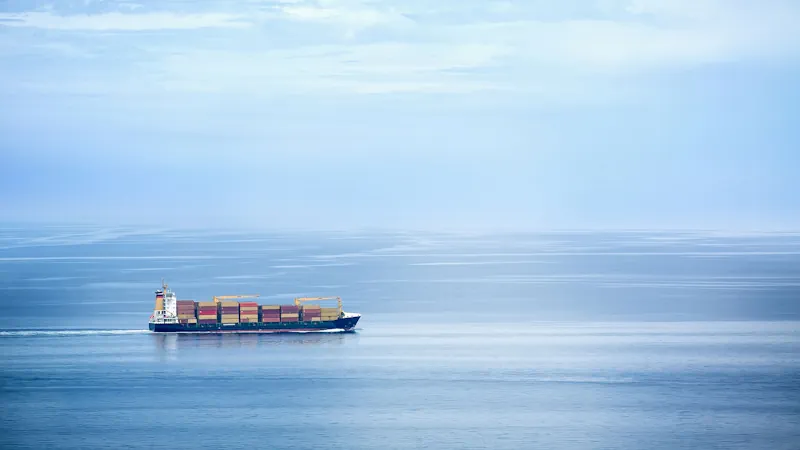IMO declaration – “a more ambitious decarbonization strategy”

Norway-based marine insurer and Group Club Gard has said that the recent unanimously-agreed International Maritime Organization (IMO) declaration of the ambition to reach net-zero GHG emissions from international shipping “close to 2050” would have implications for shippers because over the next 25 years we would be entering a “fragmented fuel landscape”.
The IMO is now targeting at least a 20% reduction by 2030 and 70% by 2040, compared to 2008 emission levels. The new strategy also includes “striving” for even higher reductions than this by 2030 and 2040.
Shipping of cargo and passengers within, into and from the EU/EEA will be subject to carbon pricing through the EU emission trading system (ETS) from January 1st 2024. This was expected to cost the industry some €8bn to €10bn per year once fully implemented in 2026. The new IMO strategy also introduces emission pricing mechanisms, with different approaches to be assessed.
Gard noted Clarksons’ estimate that 44% of the global order book was alternative fuelled in the first half of 2023. “In the more fragmented fuel landscape, availability could be a risk and it is vital that the global bunkering infrastructure keeps pace with the developments in the industry”, said Gard, adding that green shipping corridors and the ambitions in the Clydebank Declaration would be imperative in the transition.
Gard said that there would be an alteration of risk. If a vessel grounds, the environmental implications of a possible bunker oil spill pose considerable concerns. Alternative fuels are generally less harmful to the immediate environment but present other potential safety consequences. Ammonia is highly toxic; hydrogen is explosive, and batteries can catch fire. New technology could also alter the risk picture for machinery failures, and the correct operations and handling of new fuels will be vital, the insurer said.
Source: https://www.gard.no/web/news/

